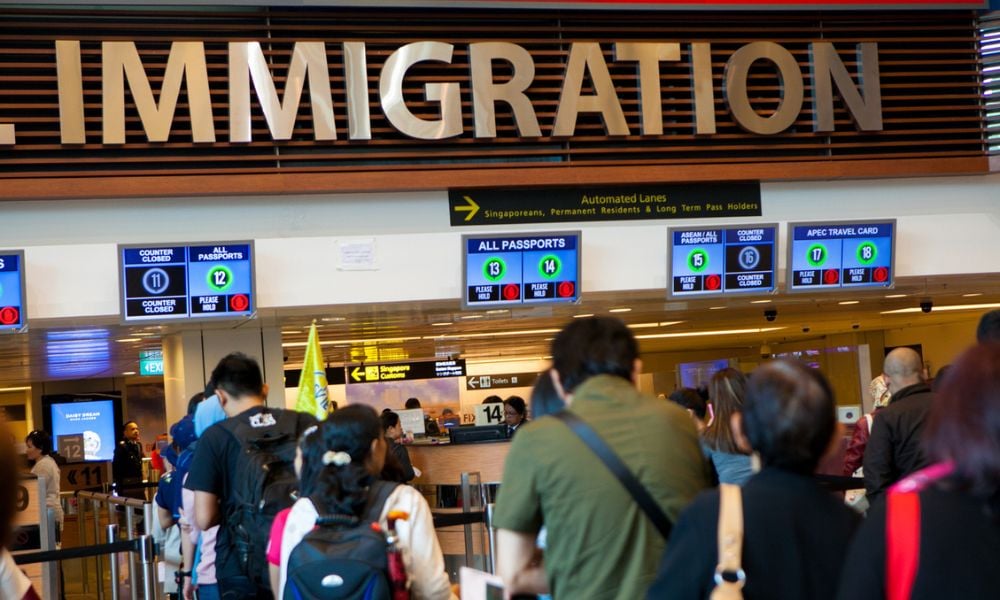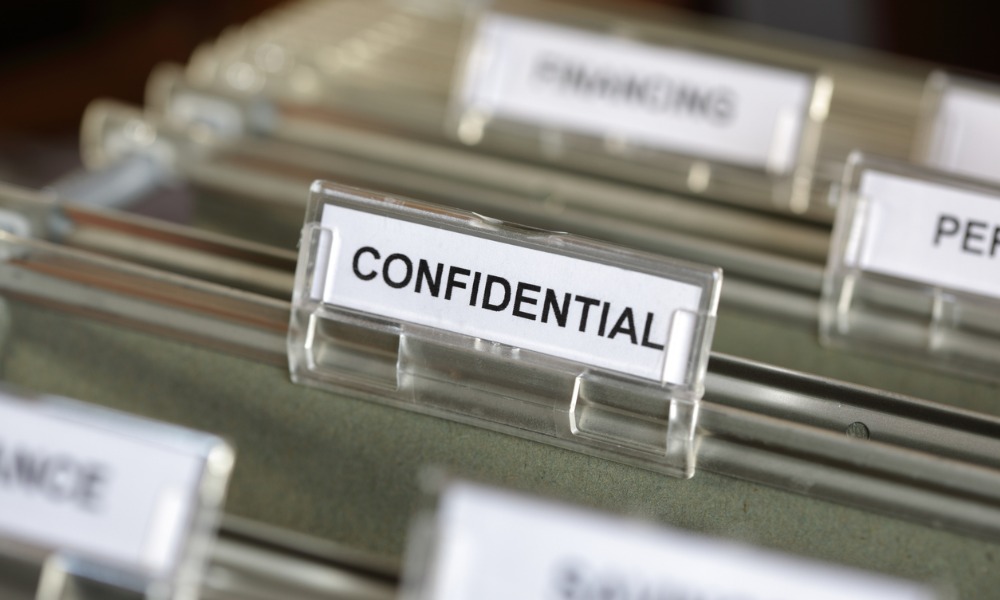It's time for leaders to be more vulnerable

The recent COVID-19 chaos was as stressful as it was unprecedented. The virus changed the way we work, rest, and play – with lockdowns coming thick and fast, and living rooms metamorphosing into make-shift offices.
Read more: Best Buy CHRO: 'The most difficult challenge I ever faced'
But there’s another silent pandemic tearing our society apart. We have a mental health crisis on our hands. Spurred on by pandemic problems like isolation, burnout, stress, and anxiety, our collective mental health has taken quite the bashing over the past 12 months. And even now, as vaccines roll out and the light at the end of tunnel seems closer, our individual mental wellbeing is shattered.
How to be vulnerable
The truth is there’s no magic recipe for perfect mental health, and employers can only do so much to help their teams. However, one sure fire way to get employees talking is by making the first move – and opening up. The idea of being vulnerable with your teams, of sharing personal and often painful experiences, may send shivers down your spine - but don’t underestimate the power of storytelling in engagement.
When it comes to encouraging open conversations, leaders need to lead by example. Speaking to HRD, Dr Nick Hobson, chief behavioral scientist at Emotive Technologies, revealed how sharing stories can facilitate a culture of transparency.
Read more: Playboy's CPO: 'We have a strict 'no a******s' policy'
“Leaders can design a more positive employee experience when they are more vulnerable themselves,” he told HRD. “If a leader comes and says: ‘Look, I've had a terrible time. This has been hard for me. My kids have been home from day care and have been screaming in the background. I've had to try and work just to get things done. It's been really tough. I've been of scared. I've been worried. I've been really anxious and stressed out, etc’, this makes a huge difference in helping your teams open up. Relating to your people on that on that human level makes them feel empowered and safe in sharing their own experiences with you.”
Giving permission
Storytelling in HR is nothing new. In fact, it’s been around for decades now as a way to attract new hires, promote brand values, and cement leadership. Now, as we face off what could be the biggest mental health crisis in living memory, leaders are looking to implement storytelling into their wellbeing plans.
HRD recently spoke to Nabeela Ixtabalan, executive vice president, people & corporate affairs at Walmart Canada – a big believer in the power of personal storytelling to promote health and connectivity. After partnering with Arianna Huffington’s Thrive - a behavior change tech company dedicated to improving wellbeing across the board – Ixtabalan talked through her own experiences of dealing with workaholism. Something which inspired her employees massively.
“What I love about working with Nabeela,” Huffington told HRD, “is that that first time I spoke to her, she said ‘my immediate goal is to stop leaders from pretending that they don't face problems like burnout’. Having written about her own journey, she’s given cultural permission to others to speak openly about theirs – which is amazing.”
By showing your own vulnerability as leaders, it gives employees permission to show theirs. Not only does this lead to a culture of connectedness, it also gets rid of prevalent stigmas around mental health issues. Just remember, this pandemic has impacted us all. So even though your colleagues, your managers, your C-suite leaders and your friends may look fine on the outside, that doesn’t mean they’re not dealing with their own issues. The only real way to fully heal these problems, and to authentically look after your people, is by confronting these uncomfortable topics head on. Don’t bury your head in the sand – and remember, it’s okay not to be okay.








